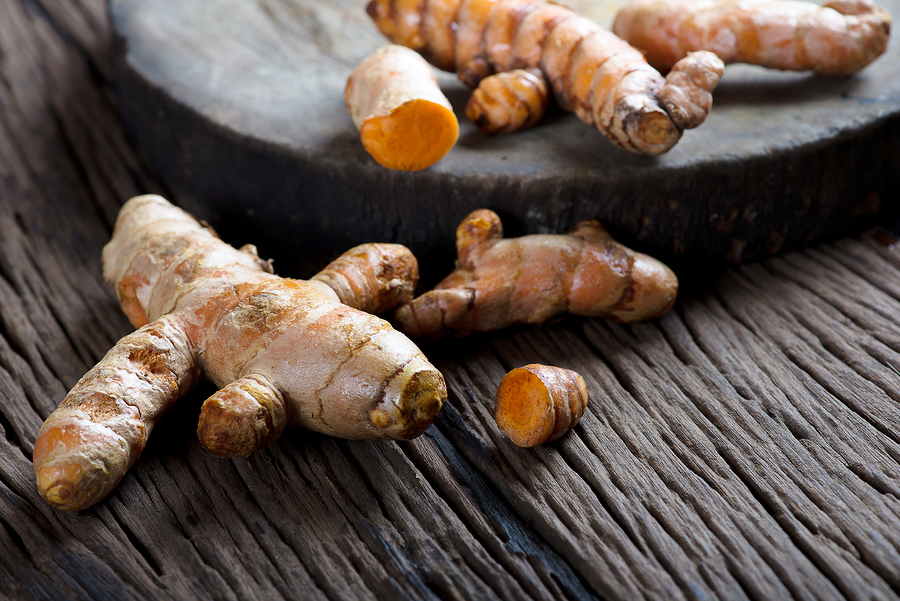- Make It Yourself Lavender Heart-Shaped Bath Bombs!
- 20 Things You Never Knew About “Down There”
- 12 Best Foods For Those Suffering From Arthritis Pain
- 12 Personal Hygiene Mistakes Almost Everyone Makes (Mom Never Told You About #4!)
- 15 Medicinal Plants And Herbs From The Cherokee People
- 12 Mind-Blowing Benefits Of Drinking Coconut Water During Pregnancy
- 12 Outstanding Winter Foods That Won’t Fatten You Up Like A Christmas Turkey
Is Turmeric More Effective Than Medication?

Photo credit: bigstock.com
Many so-called superfoods have been hyped over the past few years. But one particular spice that has been known to, and cherished by, cultures across the globe stands out above the rest. Its health benefits are far more potent than many people realize.
Turmeric is a root that is ground into a powder form and is used as a spice in the cuisines of countries from China and India all the way to Europe. Turmeric is renowned for its healthy qualities, but new research has shown that it may actually be just as effective as medication for treating certain conditions. In this article, we’ll introduce evidence showing turmeric’s effectiveness as a potential alternative treatment for a variety of diseases and how turmeric compares to commercial medications.
For blood and cardiovascular conditions
For blood and cardiovascular conditions, turmeric appears to perform pretty well compared to standard pharmaceutical medications. One example is the way that turmeric can be beneficial for people with hypertension, otherwise known as high blood pressure. One common approach for treating high blood pressure is with aspirin, with thins the blood and reduces the pressure on blood vessel walls as blood flows past them. Research has shown that curcumin (the active ingredient in turmeric) can be just as effective at reducing blood pressure as aspirin, since it has similar blood-thinning effects. It would be wise to speak with a doctor before combining aspirin with turmeric, as too much of any type of blood-thinning compound can cause internal bleeding.
Turmeric also appears to produce good results for people with high cholesterol. Everyone’s seen those commercials for atorvastatin, a cholesterol medication better known by its commercial name, Lipitor. Atherosclerosis (a fancy word for the hardening of the arteries) is caused by the buildup and hardening of plaque in blood vessels, which obstructs the flow of blood and increases the risk of heart attack or stroke. It’s believed that is this triggered by endothelial dysfunction, which is when the balance between the dilation and contraction of blood vessels is not balanced. The drug Lipitor is designed to treat endothelial dysfunction, and thus prevent atherosclerosis as a result.
A 2008 study at the Department of Clinical Pharmacology and Therapeutics at Nizam’s Institute of Medical Sciences in India found that supplementation with turmeric produced results that were comparable to Lipitor in treating endothelial dysfunction. It also helped reduce inflammation and oxidative stress.
Continue to Page 2
































